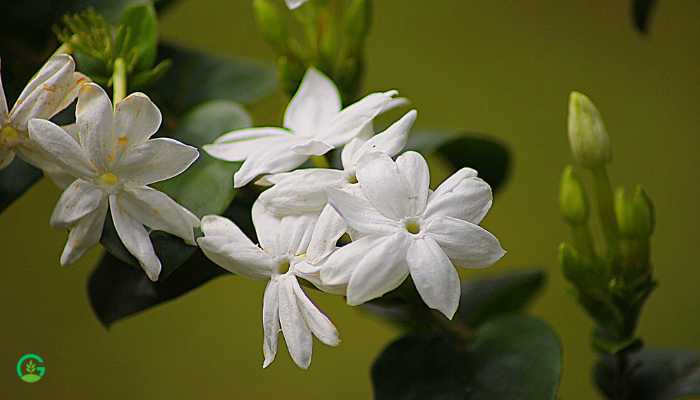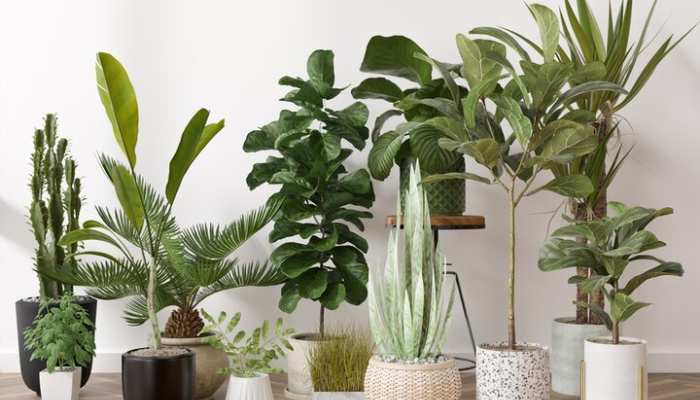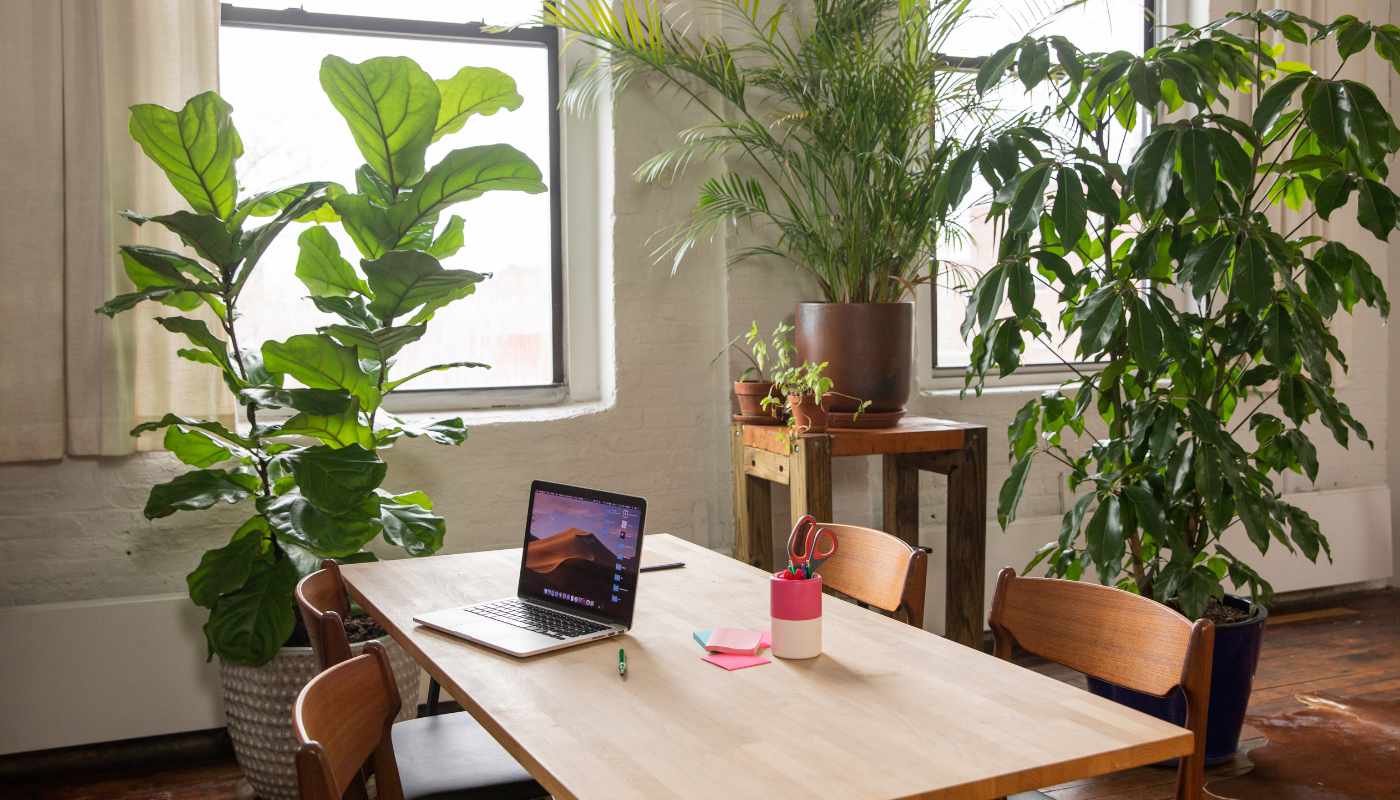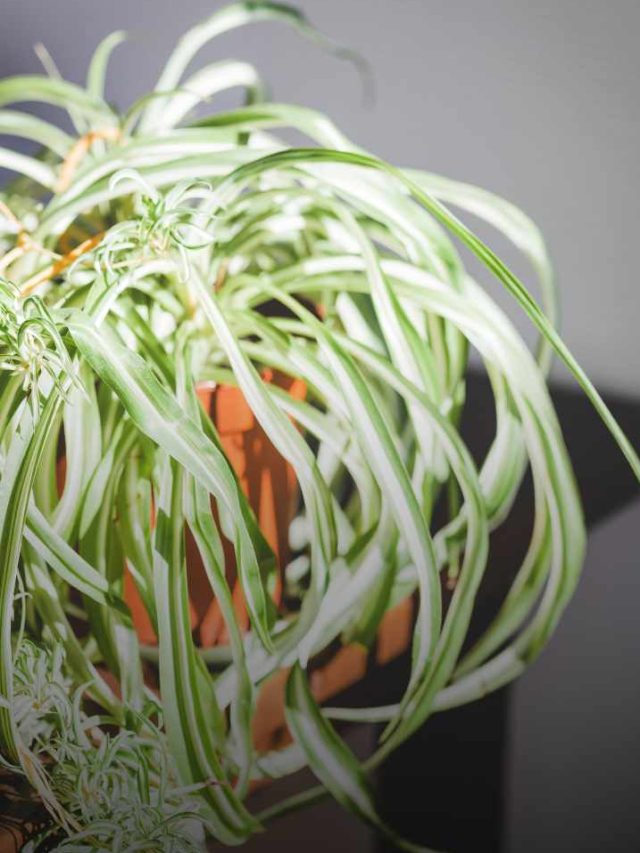Have you ever wished to bring the refreshing scent of nature indoors? Well, you’re in luck! In this article, we’ll explore the delightful world of fragrant indoor plants India, specifically tailored to the unique environment of India. From soothing lavender to exotic jasmine, these plants not only add beauty to your home but also infuse it with captivating fragrances that uplift your mood and senses. Let’s embark on this aromatic journey together!
Table of Contents
Understanding Fragrant Indoor Plants
Fragrant indoor plants are not just green decorations; they are nature’s air fresheners. These plants emit natural scents that can range from floral to citrusy, creating a pleasant ambiance in your home. Unlike synthetic air fresheners, they purify the air while spreading their delightful fragrance, making your space not only smell good but also healthier to live in.
Benefits of Fragrant Indoor Plants India
Improving Air Quality
Indoor air pollution is a concern, but fragrant plants act as natural air purifiers, removing toxins and pollutants from the air we breathe.
Stress Relief
The soothing scents of fragrant plants have been linked to stress reduction and improved mental well-being, promoting relaxation and calmness.
Boosting Mood
Aromatic plants stimulate the senses and can uplift your mood, creating a more positive atmosphere in your home.

Top Fragrant Indoor Plants India
1. Jasmine (Jasminum)
Known for its sweet, intoxicating fragrance, jasmine is a popular choice for indoor gardens in India. Its delicate white flowers bloom prolifically, filling the air with its enchanting scent, especially in the evenings.
2. Lavender (Lavandula)
With its calming aroma, lavender is not only visually appealing but also promotes relaxation and better sleep. It thrives in sunny spots and is relatively easy to care for.
3. Arabian Jasmine (Jasminum sambac)
Also known as mogra, Arabian jasmine is prized for its strong, exotic fragrance that lingers throughout the day. It’s a symbol of love and purity in Indian culture and is often used in religious ceremonies.

Caring for Fragrant Indoor Plants
To ensure your fragrant indoor plants thrive, it’s essential to provide them with the right care:
Light: Most fragrant plants prefer bright, indirect light. Place them near a sunny window, but avoid direct sunlight, which can scorch their leaves.
Water: Keep the soil consistently moist but not waterlogged. Ensure proper drainage to prevent root rot.
Temperature: Maintain moderate room temperatures, avoiding extremes that can stress the plants.
Creative Ways to Enjoy Fragrant Indoor Plants India
1. Aromatherapy
Harness the power of scent by using fragrant plants in aromatherapy diffusers or by simply crushing a few leaves and inhaling deeply.
2. Floral Arrangements
Create stunning floral arrangements with fragrant blooms to adorn your home with natural beauty and fragrance.
3. Herbal Sachets
Dry fragrant herbs like lavender and rosemary, then use them to make aromatic sachets for your drawers or closets.

DIY Fragrance Blends with Indoor Plants
Combine different fragrant plant leaves and flowers to create your custom scent blends. Experiment with proportions until you find the perfect combination that suits your preferences.
Overcoming Common Challenges
Pests
Keep an eye out for common pests like aphids and spider mites, and treat them promptly to prevent damage to your plants.
Overwatering
Avoid overwatering, as it can lead to root rot and other issues. Allow the soil to dry out slightly between waterings.
Fungal Diseases
Ensure good air circulation around your plants and avoid overcrowding to prevent fungal diseases.
Integrating Fragrant Plants into Décor
Enhance your home’s aesthetic appeal by strategically placing fragrant plants in decorative pots and planters that complement your interior design style.

Fragrant Plants for Different Spaces
Living Room
Choose larger, more visually striking fragrant plants like jasmine or gardenia to make a statement in your living room.
Bedroom
Opt for calming scents like lavender or chamomile to promote relaxation and better sleep in your bedroom.
Kitchen
Grow fragrant herbs like mint, basil, or rosemary in your kitchen for easy access while cooking and to naturally freshen the air.
Health Benefits of Fragrant Indoor Plants
1. Improved Sleep
The soothing scents of fragrant plants can help promote relaxation and improve the quality of your sleep.
2. Stress Reduction
Aromatic plants have been shown to reduce stress levels and promote a sense of calmness and well-being.
3. Air Purification
Many fragrant plants are natural air purifiers, removing toxins and pollutants from the air we breathe, leading to better respiratory health.
Conclusion
Incorporating fragrant indoor plants into your home not only adds beauty and freshness but also offers numerous health benefits. From improving air quality to promoting relaxation and reducing stress, these plants are a simple yet effective way to enhance your living space and overall well-being.
FAQs (Frequently Asked Questions)
Can fragrant indoor plants thrive in low light conditions?
Yes, some fragrant indoor plants like peace lilies and snake plants can tolerate low light conditions, but their fragrance may not be as strong as those grown in brighter light.
How often should I fertilize my fragrant indoor plants?
Fertilize your fragrant indoor plants once a month during the growing season (spring and summer) with a balanced, water-soluble fertilizer diluted to half strength.
Are fragrant indoor plants safe for pets?
While many fragrant indoor plants are safe for pets, some, like lilies and philodendrons, can be toxic if ingested. Always research the toxicity of plants before bringing them into a home with pets.
Can I grow fragrant indoor plants in a small apartment?
Yes, many fragrant indoor plants, such as herbs and dwarf varieties of jasmine and gardenia, can thrive in small spaces as long as they receive adequate light and proper care.
















